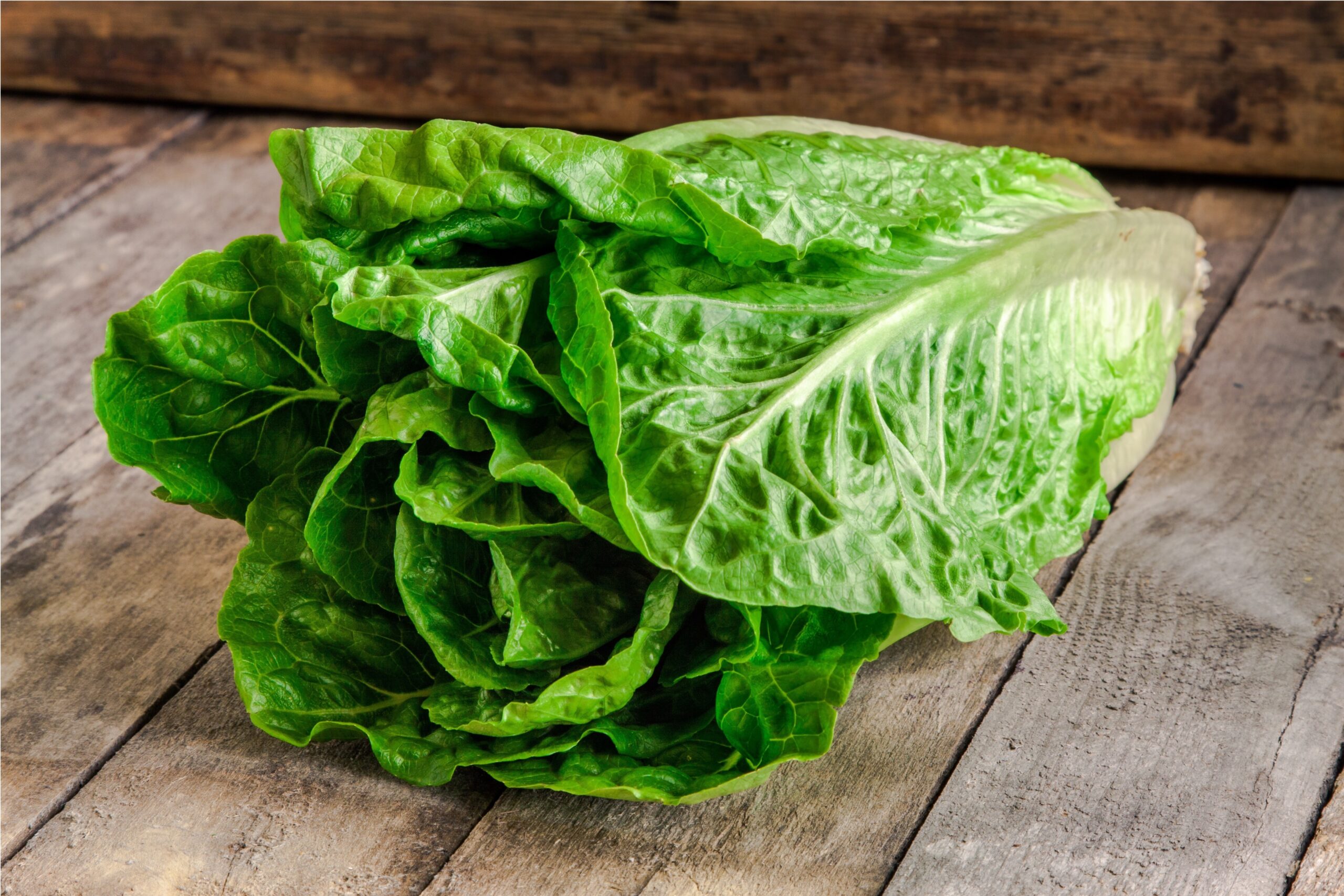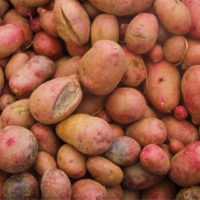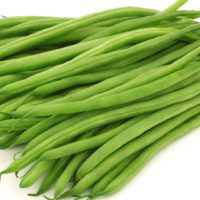![]()
WHAT IS ROMAINE LETTUCE?
This member of the lettuce family grows in a taller, thinner style versus the tubby ball shapes of iceberg or cabbage. It is a much more heat tolerant plant allowing it easily spread to different climates. Originally an Italian delicacy, Romaine was introduced to Western Europe via its namesake Rome. However for several thousand years prior, this lettuce was a symbol of various gods of fertility (having a similar shape to an erect penis).
WHY IS ROMAINE LETTUCE GOOD FOR YOU?
On the plus side Romaine is low in calories, sodium and carbohydrates versus other foods. It’s also rich in minerals like calcium, potassium, magnesium and phosphorous. However this lettuce is low in fiber as well.
WHEN IS ROMAINE LETTUCE IN SEASON?
It is a Spring through late Summer harvest. While this lettuce does grow faster in a sunny environment, it will thrive at a slower rate in shade as well.
HOW SHOULD ROMAINE LETTUCE BE STORED?
Making sure the leaves are dry, cut off the ends and refrigerate in a loose plastic bag for up to a few weeks. Throw a dry paper towel in there to absorb additional (changing it regularly).
IS ROMAINE LETTUCE MORE DANGEROUS THEN OTHER TYPES OF LETTUCE?
In the age of industrialized food processing, the answer is sort of. A majority of the Romaine grown in North America is from Arizona and California, areas also rich in cattle. When watering the crops, bacterial contamination from large herds of cattle can spread to the soil where Romaine is harvested. And E coli can rest dormant there for up to a year. To make matters worse, washing the lettuce before making a salad doesn’t remove E coli contamination. And since salads are not cooked, there is no pasteurization option. However I say sort of because a LOT of food in industrial systems is exposed to similar conditions, and are then shipped all over. So contamination doesn’t necessarily occur on the farm. If at any point in the supply chain any food comes into contact with E coli, contamination occurs. Spinach and other foods have also had E coli recalls.




